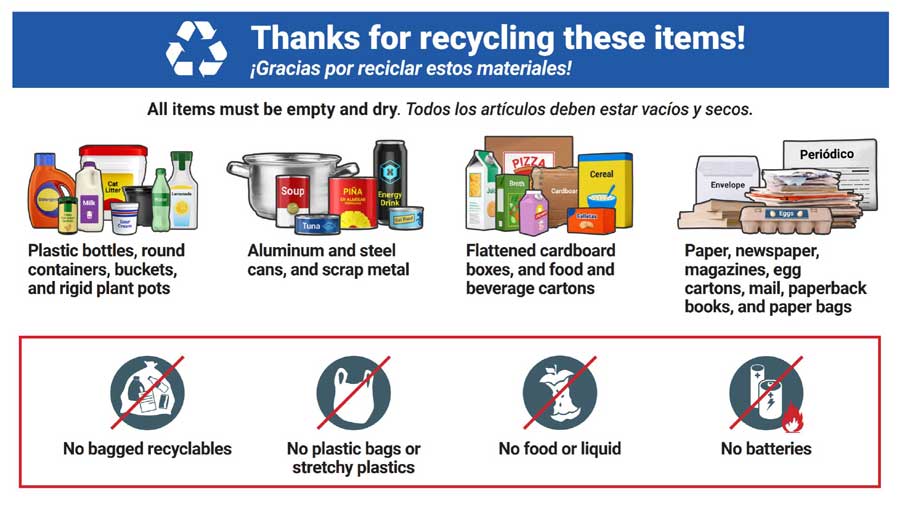OTHER VIEWS: Short-session delivers long-session results
Published 5:30 am Wednesday, March 13, 2024

- other views logo
In just over a month, Oregon lawmakers passed breakthrough legislation addressing housing, drug addiction and campaign finance reform. Longshot bills mired in controversy ultimately won broad support, reflecting the compromise that shaped the final legislation.
A five-week session typically meant for small adjustments instead delivered impressively on long-session ambitions.
Certainly, the Legislature’s signature bills could have benefited from additional time and, as many noted, represent only the beginning of the hard work ahead.
Legislators of both parties came into the session this year focusing on statewide concerns and committed to bipartisan solutions.
But when faced with crisis, lawmakers produced substantive solutions that can help get Oregon back on track. Here are a few takeaways from the session:
A start on housing: Through a trio of bills, Oregon legislators authorized a $376 million package of investments that inject needed cash and urgency for the housing crisis. The legislation also creates a state Housing Accountability and Production Office to support local governments in meeting housing goals.
At the same time, however, legislators should recognize how much further they must go. Tens of thousands of Oregonians are either homeless or on the brink, paying 30% – or much more – of their income to stay housed. Yet legislators watered down a provision to allow modest expansions of urban growth boundaries after objections by establishment groups who have long used Oregon’s litigation-friendly land-use system to block growth.
Oregon’s future prosperity depends on whether we can change our current dynamic and legislators should start confronting how our land-use system is preventing Oregon from housing its residents.
A framework for drug treatment amid recriminalization: The passage of House Bill 4002 doesn’t guarantee that Oregon will emerge successfully out of our current drug addiction crisis.
But it provides a workable approach that emphasizes treating addiction as a health issue while recognizing the accountability a criminal justice component can provide.
Reflecting the sentiment that drove Oregonians to approve Measure 110 in the first place, the bill calls for counties to set up systems offering “deflection” opportunities, where those facing possession charges can instead receive treatment. Legislators also allocated $211 million to expand access to such programs.
The bill has its flaws and reflects legislators’ rush to craft a bill as opposed to letting a proposed ballot measure dictate Oregon’s path. Counties are not required to offer those deflection opportunities and the state is coping with shortages in legal counsel for criminal defendants as well as a longstanding dearth of substance abuse treatment programs. But this is where all involved can make a difference by taking ownership of this effort and ensuring its accountability. That means planning its rollout, tracking its implementation, measuring its outcomes, asking difficult questions and sharing results publicly. We cannot let poor implementation sink this effort.
A path to limiting big donors: Oregon has the dubious distinction of being one of only five states with no limits on campaign contributions. But as with drug recriminalization, the fear of a ballot measure pushed by good government groups prompted Oregon’s big donors – labor unions and businesses – to start talks of a legislative solution. And in the final days, with the support of the good government groups, lawmakers passed House Bill 4024.
As with the other top-priority legislation, the bill provides a solid start. The final bill includes stricter limits on cash and services than unions and companies initially sought. It also closes loopholes in the earlier versions that would have allowed the same individuals to establish multiple “membership organizations” and bypass limits. It also includes stronger enforcement, requires disclosures on ads and allows local governments to keep lower donation caps.
The 2027 effective date for the bill gives a lot of opportunity for legislators — who have long benefited from the lax laws regarding donations and their use of such funds — plenty of time to make alterations. It also does not stop the massive amount of spending that will take place on Oregon elections in the meantime. Reform is on the way, but it will take both patience and close monitoring to get there.
Legislators of both parties came into the session this year focusing on statewide concerns and committed to bipartisan solutions. Even as both parties push priorities aligned with their voters, they should default to disciplined agenda-setting that prioritizes benefiting Oregonians as a whole.
Lawmakers should take stock of what worked from this short session, keep close tabs on progress of the bills they passed and gear up to make 2025 as effective. Despite the wins of the past month, Oregon’s many crises aren’t going away.
Legislators of both parties came into the session this year focusing on statewide concerns and committed to bipartisan solutions. {related_content_uuid}dcd689cb-1cba-4624-a223-03726f8dcc55{/related_content_uuid}










